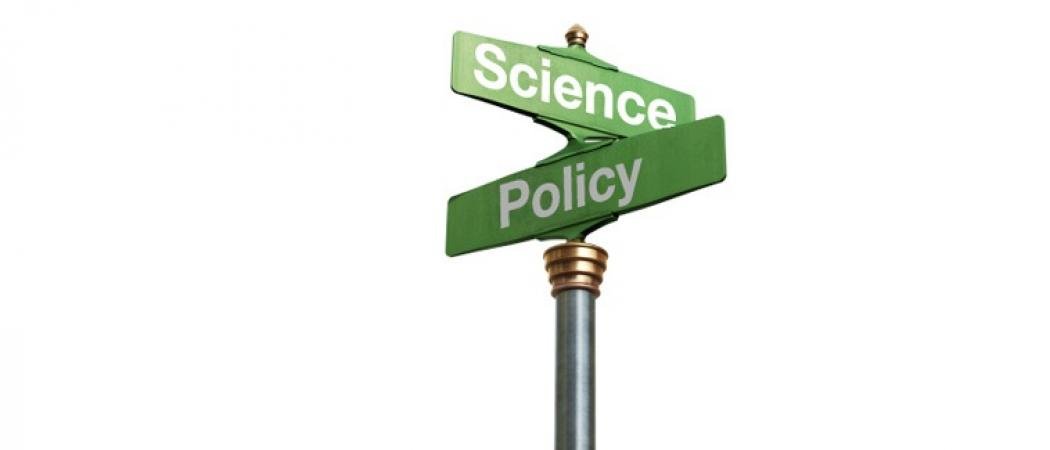By Chinyere Mbachu, Prince Agwu, God’stime Eigbiromolen, Ifunanya Agu, Benjamin Uzochukwu and Obinna Onwujekwe
Statistics makes it possible to simulate real life behaviors using models, and this is termed ‘modeled evidence. Mathematical models that simulate different potential health scenarios around disease transmission, and/or the impact of policy interventions on health outcomes, can be valuable to decision makers. They can be used to prioritize and choose between complex trade-offs and ensure the best possible results in efficiency, effectiveness and impact of health policies and interventions.
Literature has shown that, although policymakers are aware of the need to make decisions that are based on scientific evidence, they do not regularly put this concept into practice. This is particularly the case with modeled evidence. Recent disease outbreaks and disasters have highlighted the need for a more proactive health system that anticipates and prepares ahead of health emergencies. At the onset of the COVID-19 pandemic, the Nigeria Center for Disease Control (NCDC) relied extensively on evidence from mathematical models to understand the trajectory of the epidemic and to develop an appropriate response strategy.
As the usefulness of modeled evidence gains more traction in the Nigerian health system, it is necessary to learn how policymakers can be supported to use modeled evidence in decision making. This could be achieved by examining the extent to which modeled-evidence is understood, valued and used by decision makers, as well as the factors/mechanisms that enable or constrain the translation of modeled-evidence to decision-making.





